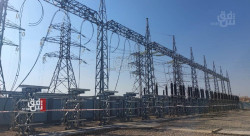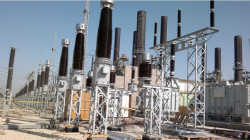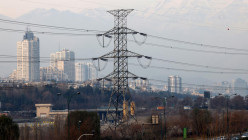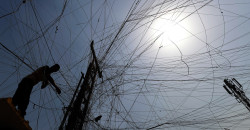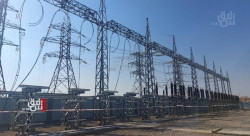US sanctions on Iran leave Iraq in a difficult position, analyst says
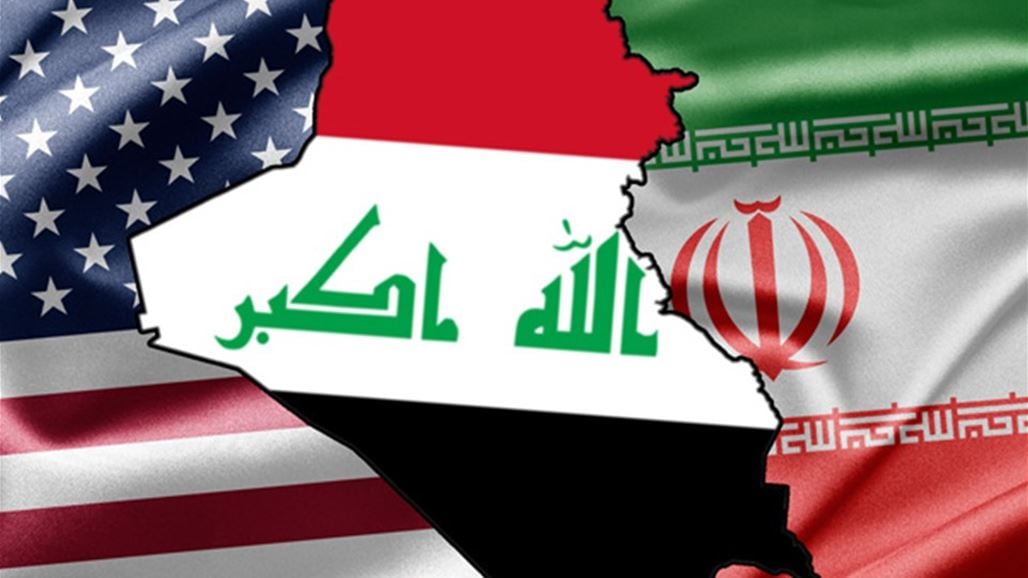
Shafaq News/ The administration of US President Donald Trump is pursuing its policy of “maximum pressure” against Iran without regard for its impact on Iraq, political analyst Nizar Haidar said on Tuesday.
“Unfortunately, the Trump administration does not care about the collateral effects Iraq may suffer due to this policy,” Haidar told Shafaq News. “The White House sees Iraq as an incidental casualty of sanctions that will only tighten over time. Washington believes this is Baghdad’s problem, not its own, particularly concerning the US dollar, electricity, and gas.”
The US waiver allowing Iraq to import Iranian gas for electricity generation expired on March 8, 2025, preventing Baghdad from purchasing the gas needed to operate its power plants.
Dependence on Iranian Gas
Haidar criticized Iraqi policymakers for failing to anticipate the fallout from these sanctions and for not adopting independent national strategies in the energy sector. “Iraq should have foreseen these scenarios long before they materialized,” he said. “Yet, it has delayed too much due to its failure to implement true national policies in electricity and gas.”
He pointed to Baghdad’s reliance on Iranian gas as a primary vulnerability, attributing it to political influence within Iraq. “Despite knowing the risks, Iraq has remained dependent on Iranian gas to fully meet its energy needs. This dependence persists because of the influence of Tehran’s proxies, including political leaders and militia commanders, who have obstructed alternative solutions.”
Haidar outlined three key failures in Iraq’s energy strategy:
-Reliance on gas-powered plants: Iraq has insisted on using gas-fired power plants for the past two decades, deepening its dependence on Iranian gas, which is subject to US sanctions.
-Rejection of alternative gas supplies: Iraq has dismissed initiatives to diversify its gas imports, including a Qatari proposal offering gas at a preferential price. “Proxies of Iran blocked this project from advancing,” Haidar noted.
-Failure to utilize domestic gas resources: Iraq has repeatedly stalled or abandoned projects to capture associated gas from its oil fields. “Due to gas flaring, Iraq loses more than $12 billion annually,” he said.
However, Iraqi officials say they have yet to receive a formal notification of the decision. “The Ministry of Electricity has not received any official notice from the American side or the US embassy regarding this matter so far,” ministry spokesperson Ahmed Mousa told Shafaq News.
